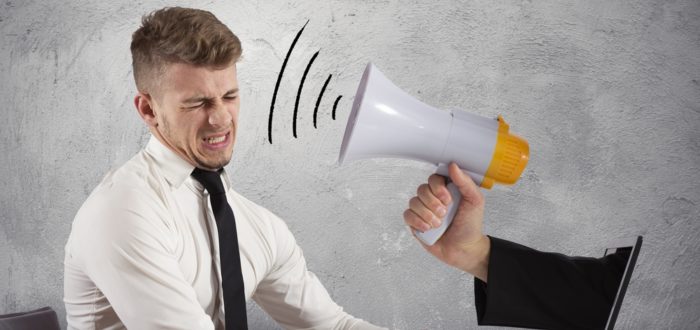Tinnitus is the perception of sound in the absence of an external source. It is often described as ringing in the ears, although the sound can take many different forms, including buzzing, humming, or hissing. Tinnitus affects millions of people worldwide, and can be a debilitating condition that can interfere with sleep, concentration, and quality of life. There are many potential causes of tinnitus, including noise exposure.
Noise and Tinnitus: What is the Connection?
Noise-induced hearing loss (NIHL) is a well-known consequence of exposure to loud sounds. It occurs when the delicate hair cells in the inner ear are damaged by excessive noise, leading to permanent hearing loss. In addition to hearing loss, exposure to loud noise can also cause tinnitus. The loud sound can damage the hair cells responsible for detecting sound, resulting in a persistent perception of sound even in the absence of an external stimulus.
The risk of developing tinnitus from noise exposure depends on several factors, including the intensity and duration of the sound, the individual’s susceptibility to hearing damage, and the presence of other risk factors, such as age or exposure to ototoxic drugs.
Occupational noise exposure is a common cause of tinnitus. People who work in noisy environments, such as construction sites, factories, or music venues, are at a higher risk of developing tinnitus. Military service members are also at an increased risk of developing tinnitus due to exposure to gunfire, explosions, and other loud sounds.
In addition to occupational noise exposure, recreational noise exposure can also cause tinnitus. Activities such as attending concerts or sporting events, listening to music at high volumes through headphones, or operating loud machinery can all contribute to the development of tinnitus.
Preventing noise-induced tinnitus involves reducing exposure to loud sounds. This can be achieved through the use of earplugs or other hearing protection devices, limiting exposure time to loud sounds, and maintaining a safe distance from sources of loud noise.
In conclusion, noise exposure can cause tinnitus, and it is important to take steps to prevent hearing damage from excessive noise. By understanding the risks of noise-induced tinnitus and taking appropriate precautions, we can protect our hearing and reduce the likelihood of developing this debilitating condition.
Need Help? Have a Question? Contact Us Today!
If you’d like to book an appointment with our hearing specialists, we’d be happy to give your hearing aids a quick check over. Book your appointment with the team at Regional Hearing & Balance by calling us at 208-497-3596. Alternatively, click here to book a complimentary hearing assessment.


Recent Comments